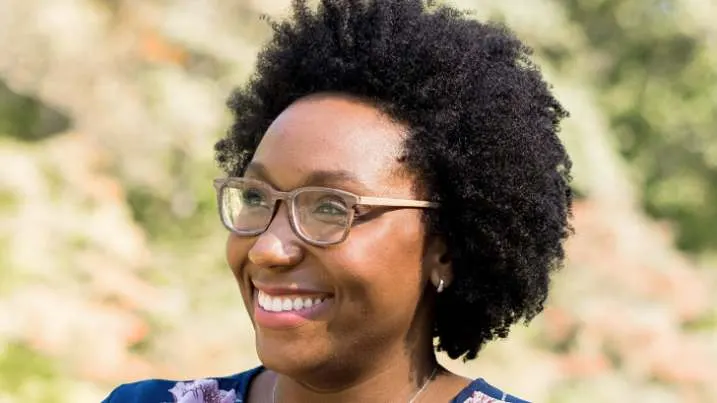No matter how great of a relationship you have with your boss, it’s generally not the best idea to be friends with them.
That’s because a personal relationship can make things complicated when they may need to make difficult decisions, says Phoebe Gavin, a leadership and workplace coach.
“At the end of the day, if your boss’s boss says, ‘Hey, we can’t afford to employ your friend anymore. You need to lay them off,’ you know what your boss is going to do? [They’re] going to lay you off,” Gavin tells CNBC Make It. “They might cry on the Zoom call with you, but they sure are going to hand you that pink slip.”
This may seem harsh, but it’s just business, she explains. Leaders in the workplace are accountable for results, including your performance and the performance of others. Top-down friendships can make these results seem biased — and many American workers agree.
Three in five U.S. employees believe that, to a certain extent, workers who are friends with their bosses receive special treatment compared to those who keep things mostly professional, according to a 2015 Spherion survey published on Franchise.com. Of those employees, 56% say those workers get more attention, and 52% say they get more flexible schedules.
Beyond potentially triggering accusations of favoritism, boss-employee friendships are predisposed to cause trouble, Gavin adds. “Eventually there’s going to be a time when those two motives come into conflict,” she says. “Where their desire to do right by you is going to conflict with their responsibility to their job.”
To avoid the “awkwardness” that may come from this, opt to “develop a warm, cordial relationship with your boss,” instead of becoming besties, she says. This starts by analyzing your company culture and setting appropriate boundaries with yourself and your supervisor.
″[Ask yourself], ‘What is the culture of this company? And what is the culture of the industry?’ And then you want to check in with yourself,” Gavin says. “Just because everybody else is casual and talking about how they got wasted on the weekend doesn’t mean you have to do that.”

Your relationship with your supervisor should be based solely on you doing your job, “not how well your personalities gel together,” she adds.
Gavin uses a cupcake as an example for what these interactions should look like.
“The cake is, do you do your job well? The frosting is, do you generally work together in a way that feels comfortable with each other, where you can kind of vibe? And the sprinkles is, ‘Oh my gosh, I’m getting married.’”
Interpersonal connections are important in the workplace, but they “can’t be the foundation of your professional relationship with your boss or your colleagues,” Gavin says. “The foundation has to be the performance.
Source: CNBC















